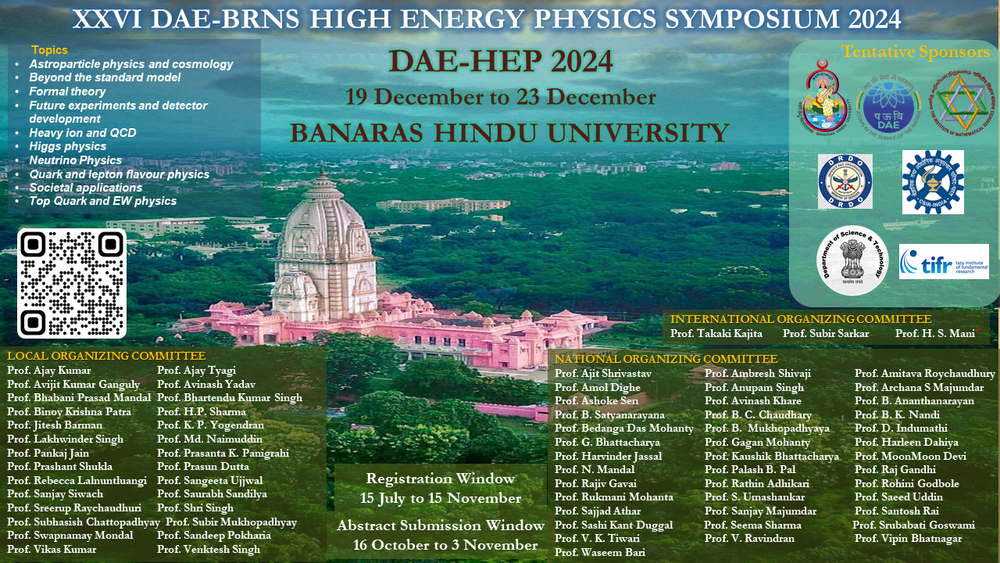Speaker
Description
In this work, the influence of rotation on the electrical conductivity, the thermal conductivity and the elliptic flow of the QGP medium has been explored. The noncentral heavy ion collisions could possess finite angular momentum with a finite range of angular velocity, which results into rotation of the produced medium. Like other extreme conditions, the rapid rotation could conspicuously alter various properties including the transport properties of the QGP medium. In calculating the aforesaid transport coefficients, we have used the novel relaxation time approximation for the collision integral in the relativistic Boltzmann transport equation within the kinetic theory framework in conjunction with the finite angular velocity. It is observed that the angular velocity increases the charge transport and the heat transport in the medium. Additionally, as compared to the relaxation time approximation, the novel relaxation time approximation estimates smaller values of the electrical conductivity and the thermal conductivity. These differences between the conductivities in the said approximations become more significant at high temperatures than at low temperatures. Further, the elliptic flow is found to be enhanced due to the emergence of rotation in the QGP medium. Furthermore, as compared to the relaxation time approximation, the values of the elliptic flow are higher in the novel relaxation time approximation for the nonrotating medium as well as for the rotating medium. This indicates an increase in the interactions among the produced particles in heavy ion collisions, resulting in faster thermalization of the medium. Thus, as the rotation intensifies, the medium moves closer to equilibrium.
| Field of contribution | Phenomenology |
|---|

